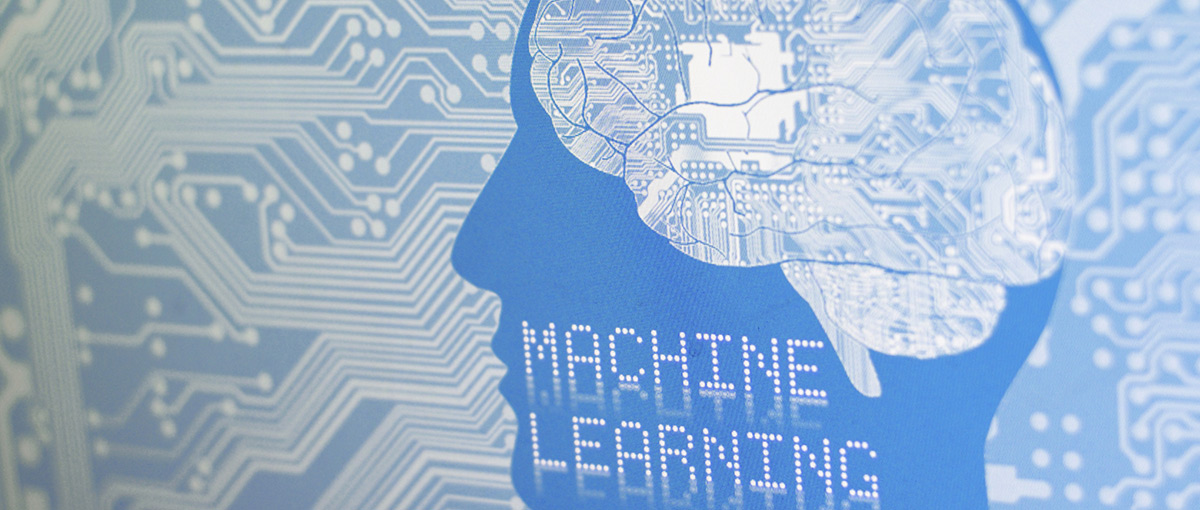Artificial Intelligence data science Intelligenza Artificiale Internet of Things machine learning
Machines? Smarter and smarter!
Exploring artificial intelligence and machine learning, technologies that bring accelerating change to our habits (and those of businesses)

Algorithms that can anticipate people’s tastes. Tests that can provide early diagnosis of a series of illnesses or predict which mechanical components are most likely to fail. Applications in a broad array of other fields, from manufacturing, marketing, and social media to voice recognition and self-driving cars. If the future is already here, this is partially thanks to artificial intelligence and one of its components: machine learning.
“Machine learning is a discipline that develops algorithms to make machines intelligent, that is, able to learn from past experience and make decisions regarding the future,” explains Carlotta Orsenigo, Associate Professor of Computer Science at the Politecnico di Milano and expert in machine learning algorithms.
“The advantages are enormous, also economically: more revenues at lower costs. Better forecasting of demand allows us, for example, to optimize stock management and offer better service to our customers.”
Carlotta Orsenigo is also co-director of a master’s program in data science at the Politecnico di Milano School of Management, whose graduates may find work in the business sector. “The International Master’s Program in Business Analytics and Big Data is addressed to people who have a degree in science or economics and less than five years of work experience. The objective is to develop competencies in three different areas: technology, methodology, and business. The one-year program prepares students for a job market with a very high rate of placement.”
Predicting demand
The key figure in machine learning is the data scientist, who analyzes data and develops algorithms that make it possible to use similar data as an effective prediction (and decision-making) tool and also interfaces with key company representatives (head of marketing or production, for example) on specific objectives.
“Machine learning can be very useful in retail for analyzing and predicting demand for products and services. Based on what customers have bought in the past, predictions are made as to what they will buy in the future. Likewise, the algorithm can analyze an analogous customer pool, that is, one with characteristics similar to our own, to predict what our customers will choose” continues Orsenigo.
The other aspect of demand prediction are recommendations, i.e., the suggestions that big players such as Amazon or Netflix make to their customers (If you liked that film, you’ll also like this one! Are you looking for something to read? Readers with similar tastes also enjoyed this one!). The intelligent machine processes a huge quantity of data and extrapolates patterns and trends without any help from humans.
A host of applications
“Another field of application is the manufacturing sector. In this case, the data to be analyzed are collected by the various sensors. Here we are getting into the Internet of Things (IoT). This makes it possible to identify potentially defective pieces in advance and prevent future failures.”
Actually, the most important field of application of machine learning is medicine and medical science. “The analysis of genetic expression, for example, allows for the detection of patterns between healthy and unhealthy people and the design of targeted diagnostic tests” says Orsenigo.
Another very important area is voice recognition /vocal interfaces, as we have seen from the success of Alexa and similar virtual assistants. “Our generation still prefers the option of typing, but young people are increasingly used to interacting vocally with their devices.”
And there are also chatbots, applications designed to simulate human conversation and learn from their interlocutor (tone of voice, topics of conversation, questions asked…) so they can provide increasingly well-targeted answers.
Not to mention self-driving cars…
In a word, the future is still there to be written—sorry, coded.





